

What a weird journey Final Fantasy has made on the PlayStation 2. Look back at the PSone: FFVII set the tone for FFVIII. FFIX was the "different" one, but it still fit the mold. But then PS2 came along... FFX inherited its style from FFVIII; FFXI went online; FFX-2 was the first direct sequel in the series' history - and a very odd one at that. And now, we arrive at Final Fantasy XII... another beast entirely.
You've probably read by now - it's been how long since they announced it? - about how Final Fantasy XII is, well, different. And it is. At first glance, it looks a lot like the Final Fantasy you're used to, but really, whether you examine its story or gameplay, it couldn't be much more different from Final Fantasy X. Final Fantasy XII will be looked back on as a "love it or hate it" kind of game.
Before we dive into the gameplay, let's talk story. The last several Final Fantasy games put us inside the troubled heads of their heroes. Although Vaan could hold his own in a pretty-boy cat fight, this is not a character-driven tale. It's a sweeping epic in the vein of Star Wars or Lord of the Rings, where the characters are important for what they represent, not what they feel - and the main thrust of the story centers on war and the naked, magic-fueled ambition of man.
Though the tale is epic and the cinemas are excellent, the story is missing the emotional core that drove the previous games - even if their stories made less sense. This is probably the first time a Final Fantasy story feels like a blockbuster movie - maybe even more than it feels like a game. The tale centers on Dalmasca, a tiny kingdom caught in a huge struggle. Ashe, the beautiful, fallen princess struggles to capture the power to rebuild her kingdom, as Vayne, the son of the Emperor who conquered Dalmasca, seeks to dominate the entire continent.
The cutscenes come much less frequently than those in prior Final Fantasy games - but they always make an impact. You can read the story in the characters' detailed expressions... which is, at times, preferable to hearing it in the overwritten dialogue.

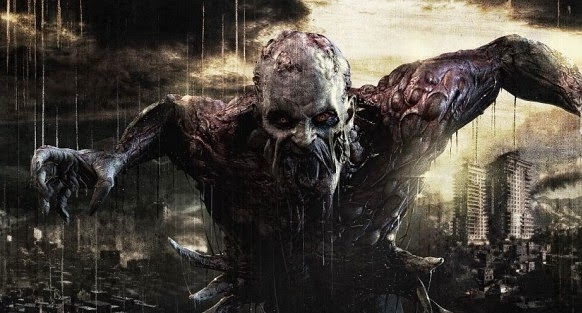
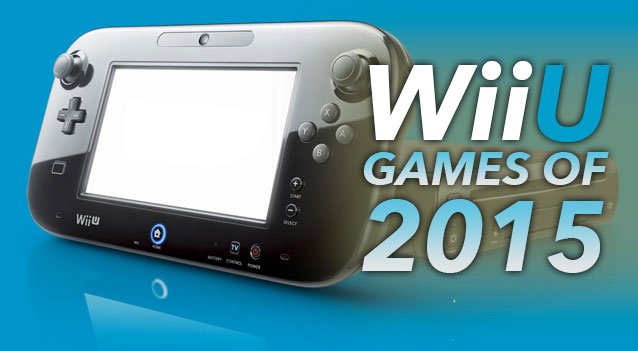

 Halo Reach Data Pad Locations Guide
Halo Reach Data Pad Locations Guide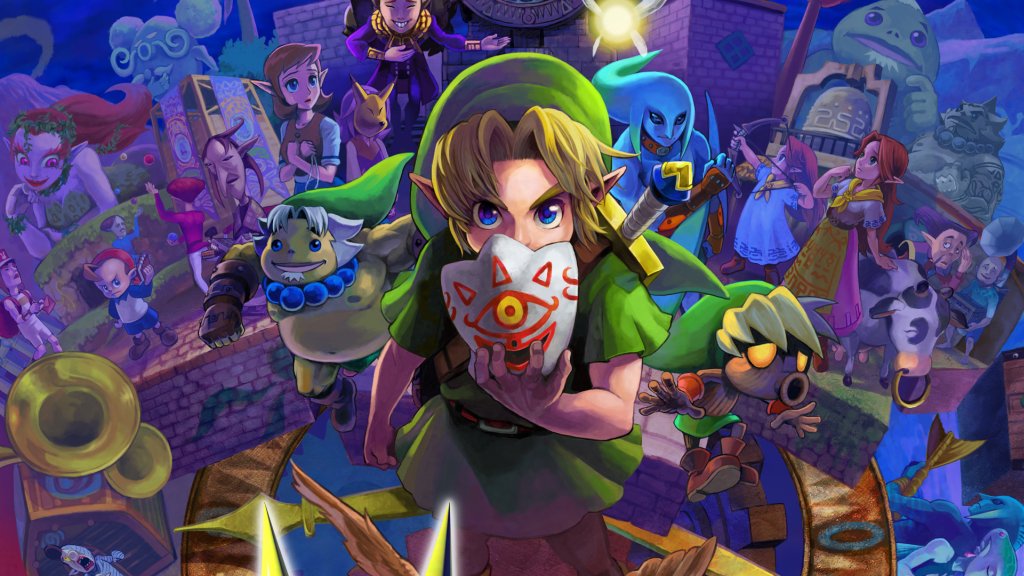 Majoras Mask 3D Empty Bottle Locations
Majoras Mask 3D Empty Bottle Locations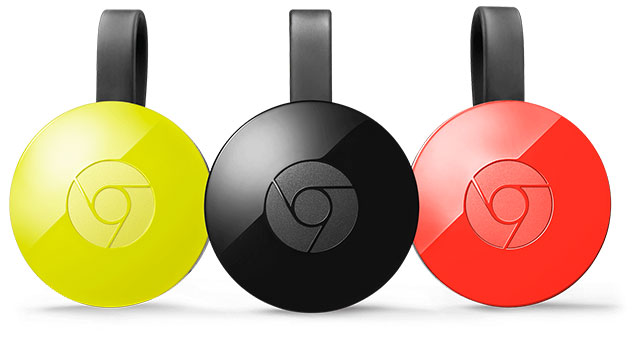 11 Gift Ideas for Android Users
11 Gift Ideas for Android Users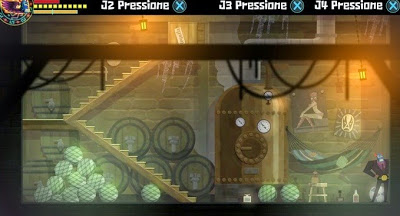 Guacamelee! Super Turbo Championship: Alternate / Secret ending
Guacamelee! Super Turbo Championship: Alternate / Secret ending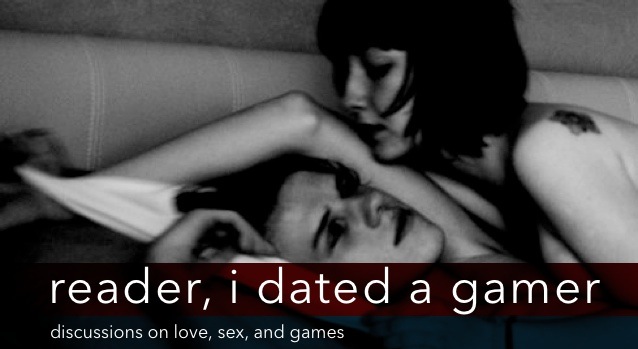 Reader, I Dated a Gamer: Discussions on Love, Sex, and Games
Reader, I Dated a Gamer: Discussions on Love, Sex, and Games